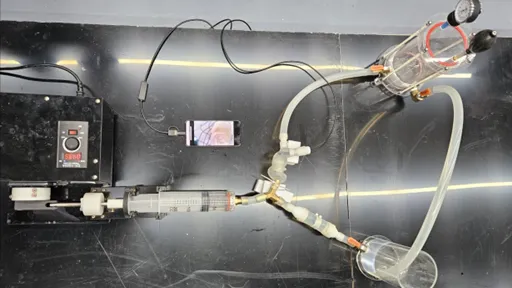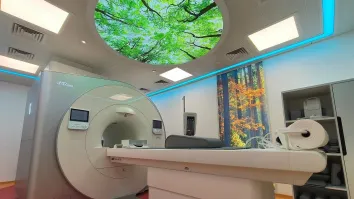
SNUH launches customised treatment with transcatheter pulmonary artery valve implantation
The procedure is applied to a 24-year-old patient with Tetralogy of Fallot.
Seoul National University Hospital (SNUH) has introduced a successful revamped transcatheter pulmonary artery valve implantation, applied to a 24-year-old patient diagnosed with Tetralogy of Fallot.
The procedure is made possible through a patient-tailored model using 3D printing and in vitro mock circulation device.
The treatment allowed accurate findings of the optimal size and insertion location for percutaneous pulmonary artery stent valves in various sizes and shapes of the right ventricular outflow tract, or the blood vessel that is connected to the lungs.
Given the optimisation, the success rate of the implantation can be increased, and side effects can be curtailed.
The transcatheter pulmonary artery valve implantation involves an artificial pulmonary artery valve being inserted through the femoral vein without chest incision to relieve pulmonary artery stenosis.
For patients who have undergone pulmonary artery valve plastic surgery, as valve function diminishes with age, it will lead to the right ventricle expanding and narrowing the valve, causing severe stenosis and, in severe cases, heart failure.
ALSO READ: Jiahui Hospital successfully discharged the first myeloma patient treated with CAR-T
As a matter of prevention, thoracotomy/open heart surgery has been implemented to erect the heart and replace the pulmonary artery valve. However, pain and after-effects are more prevalent. The higher the number of reoperations, the higher the risk. Thus calls for an alternative treatment for such complications.
The team behind the treatment at Seoul National University Hospital includes Professor Kim Ki-Beom of the Department of Pediatrics, Lee Hwal of the Department of Pediatric Radiology, and Lim Hong Gook of the Department of Pediatric Thoracic Surgery.



















 Advertise
Advertise







